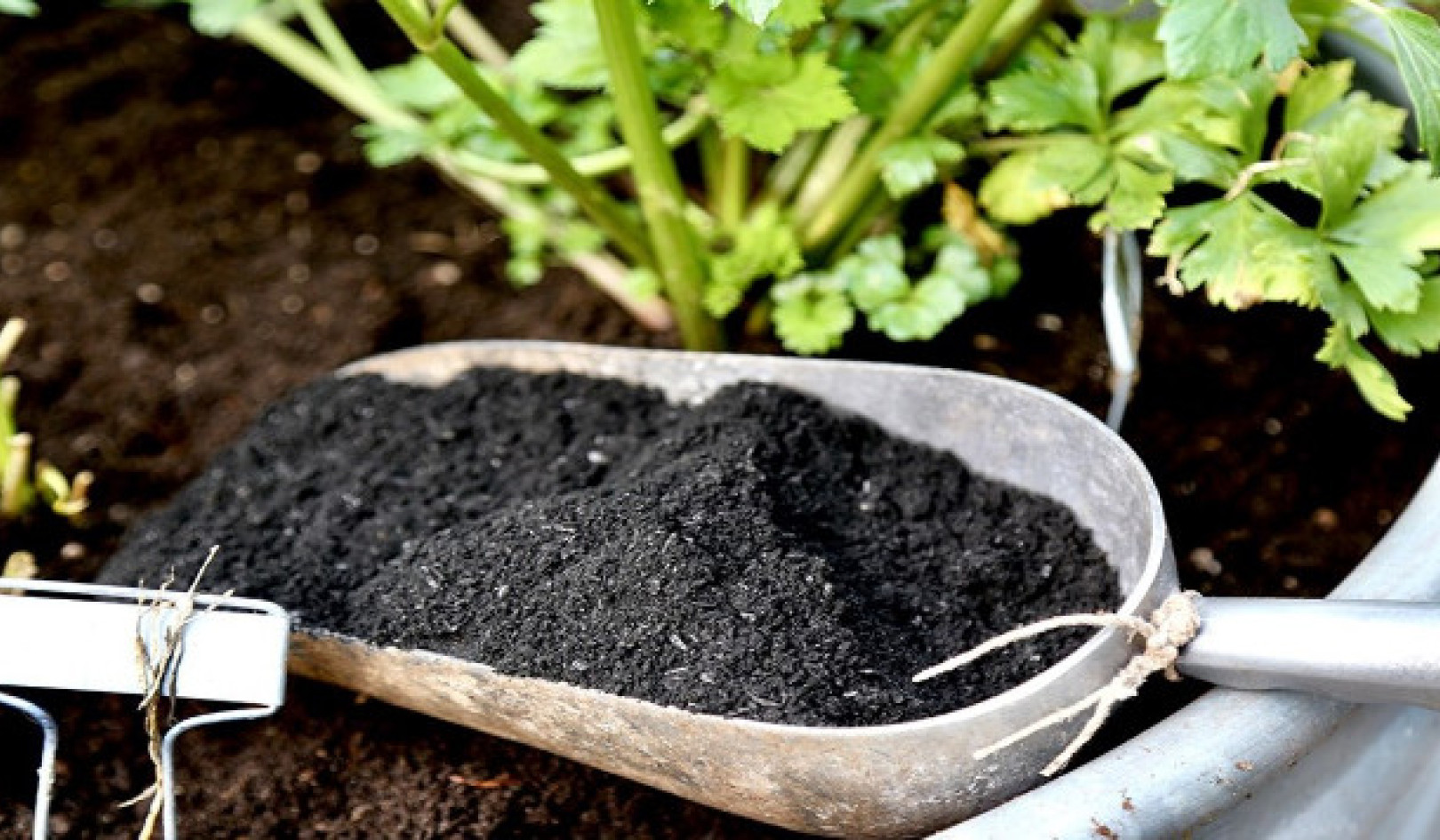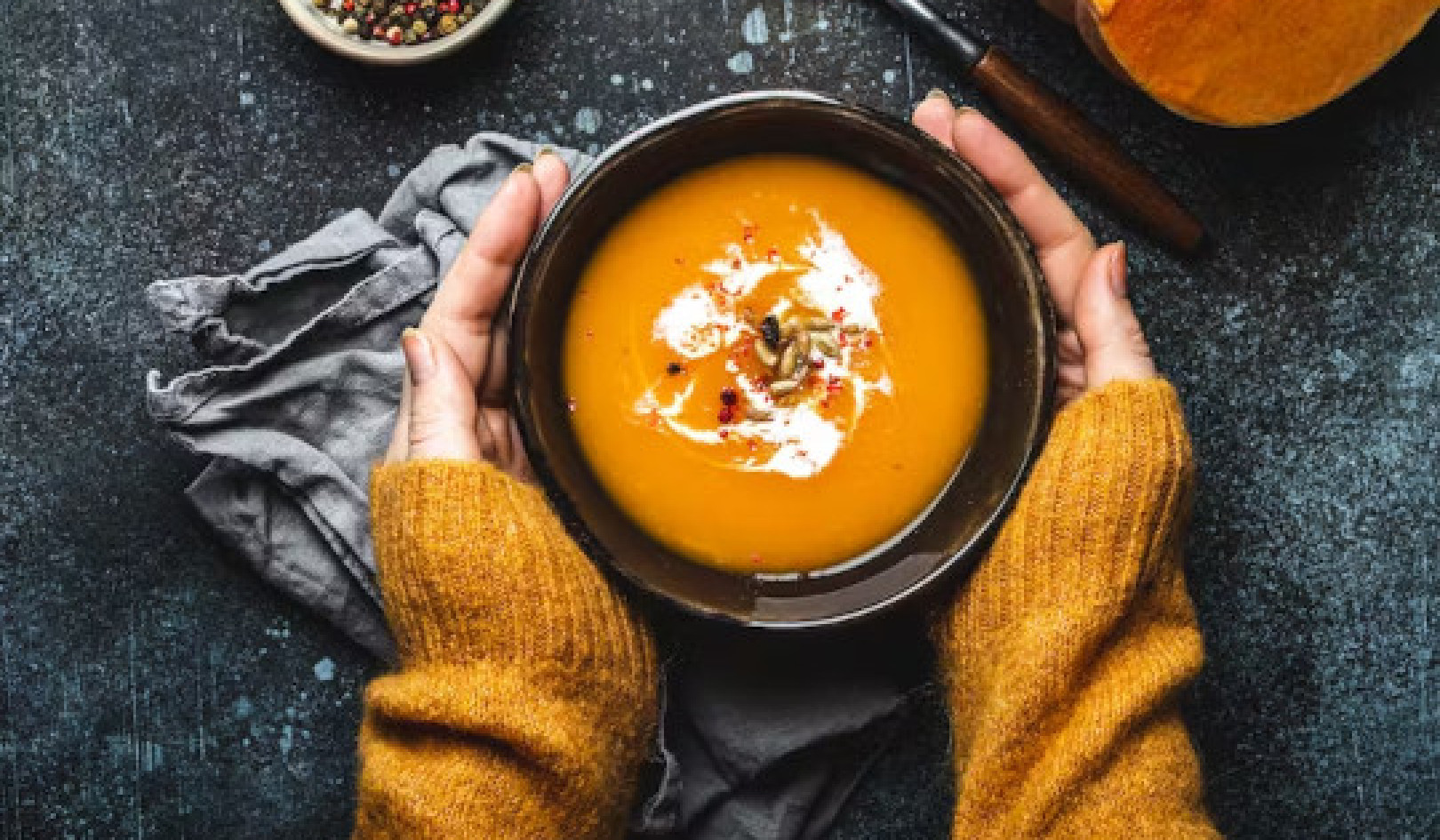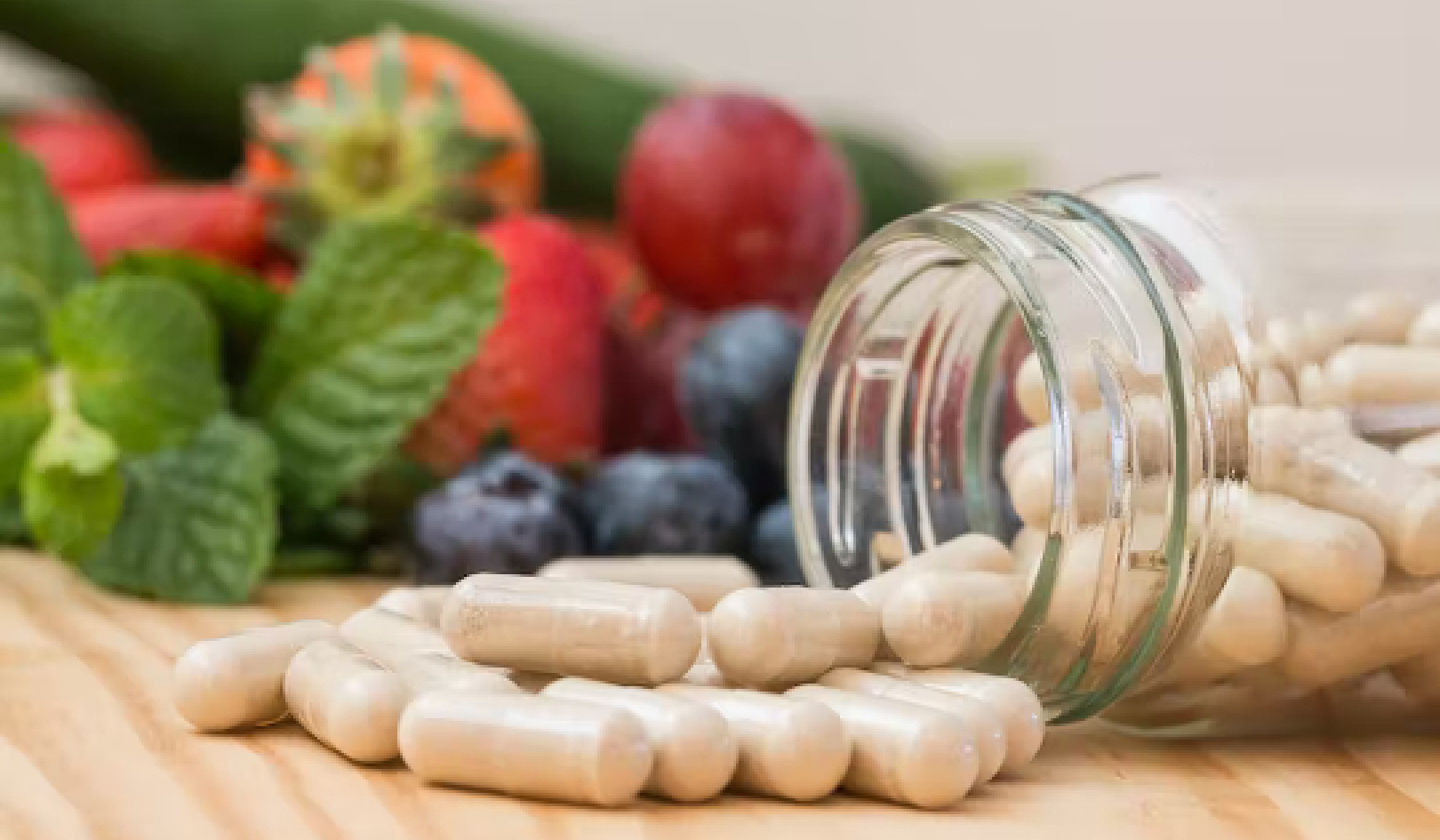
In a conversation with my local health-food store owner, I was surprised to hear him tell me that the only way one could be sure of getting really organic foods was to be self-sufficient, or in other words to grow it yourself. A study done recently (and shared in the Mother Jones article below) supports his statement. While you may be buying organic milk, if the milk is extracted from the cow using a mechanical process with plastic tubing, you get phthalates in the milk. In the same way, the organic herbs and spices you buy may have been contaminated with Bisphenol A (BPA) and phthalates along the processing route.
Can We Always Trust The Organic Certification?
And then, even when a food is labeled organic and it comes from a country other than one where strict regulations are in place, the food may not be organic at all. Recent information to that effect has come out concerning China, so much that a new movement is in process to label organic foods "China-free". And I must admit that when I see a food labeled "organic" that is grown in countries other than the US, Canada and Europe, I question the validity of the organic statement. And then even when one sees the "American food giants" producing "organic foods" while they continue to produce the non-organic non-GMO free equivalents, one wonders if there might not be some mixing or errors in the materials used.
When the labeling fight against GMOs was going on in California prior to the election, several of the parent companies of "organic manufacturers" were putting money into the fight against GMO labeling. Thus when you bought organic products from Kashi, Silk, Horizon, Santa Cruz Organics, Cascadian Farms, Ben & Jerry, etc., the profits that made their way back to corporate could have very well funded the anti-GMO labeling campaign. (See more companies here.)
We Depend On Others' Integrity
 The bottom line is that we depend on the integrity of the people we deal with. And unfortunately there are many cases of industries as diverse as banking , chemical, fossil fuels, and of course tobacco where trust has proven to not been warranted. And now that the major food manufactures are involved in the organic food industry, it makes one question whether deceit and negligence are customary in some companies.
The bottom line is that we depend on the integrity of the people we deal with. And unfortunately there are many cases of industries as diverse as banking , chemical, fossil fuels, and of course tobacco where trust has proven to not been warranted. And now that the major food manufactures are involved in the organic food industry, it makes one question whether deceit and negligence are customary in some companies.
It is a sad statement on our food industry that the only way we can really trust the "cleanliness" of our foods is to grow it ourselves.
Buying Local and Organic? You're Still Eating Plastic Chemicals
MOTHER JONES (Tom Philpott) - Bisphenol A (BPA) and phthalates are what's known as "endocrine disruptors"—that is, at very small doses they interfere with our hormonal systems, giving rise to all manner of health trouble. In peer-reviewed research, BPA has been linked to asthma, anxiety, obesity, kidney and heart disease, and more. The rap sheet for phthalates, meanwhile, includes lower hormones in men, brain development problems, diabetes, asthma, obesity, and, possibly, breast cancer.
So, ingesting these industrial chemicals is a bad idea, especially if you're a kid or a pregnant woman. But avoiding them is very difficult, since they're widely used in plastics, and are ubiquitous in the food supply. The federal government has not seen fit to ban them generally—although the FDA did outlaw BPA from baby bottles last year (only after the industry had voluntarily removed them) and Congress pushed phthalates out of kids' toys back in 2008. Otherwise, consumers are on their own to figure out how to avoid ingesting them.




























